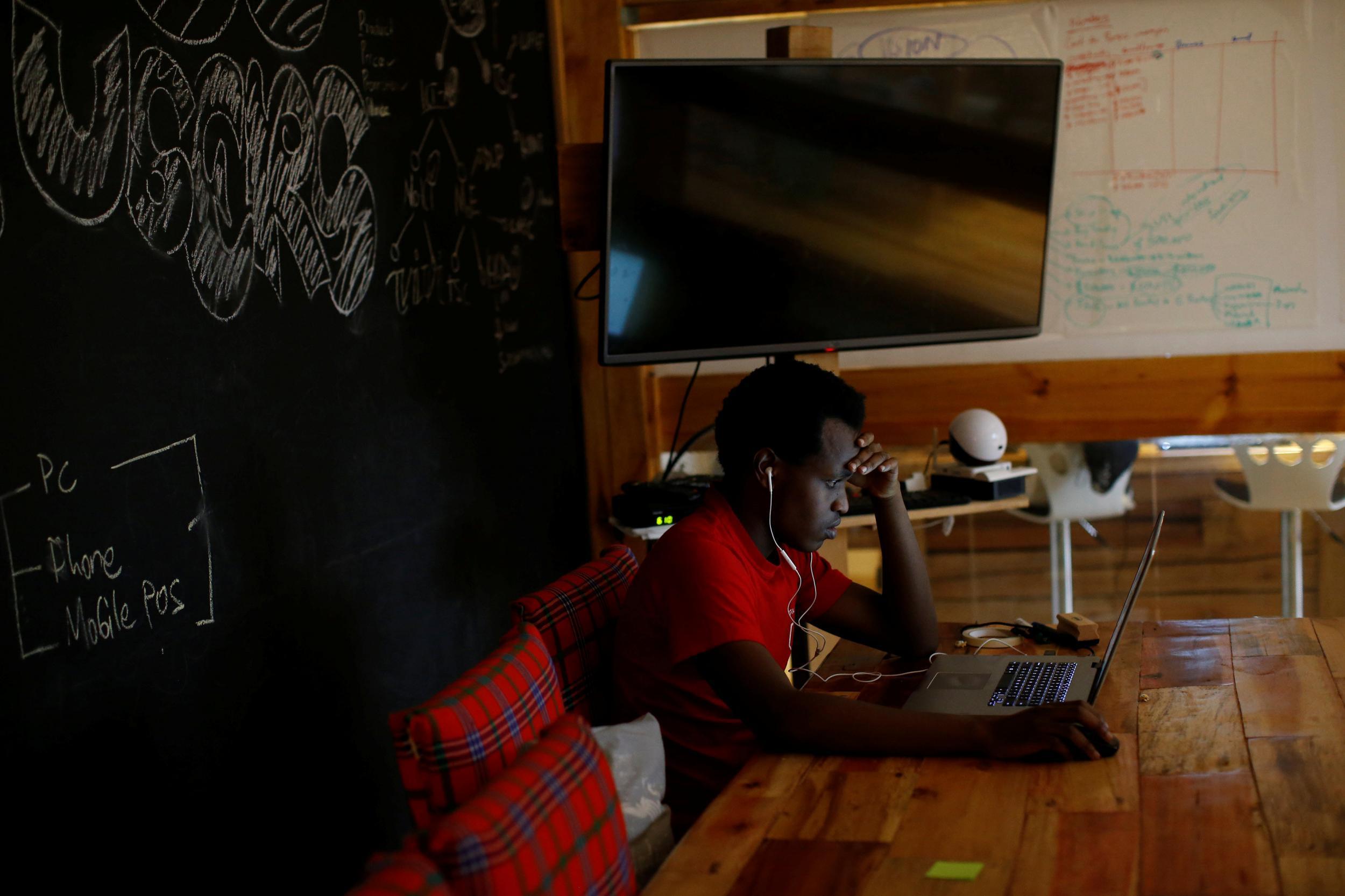Healthcare savings app revolutionises lives in Kenya
Women and elderly can now put aside cash for hospital treatment

Your support helps us to tell the story
From reproductive rights to climate change to Big Tech, The Independent is on the ground when the story is developing. Whether it's investigating the financials of Elon Musk's pro-Trump PAC or producing our latest documentary, 'The A Word', which shines a light on the American women fighting for reproductive rights, we know how important it is to parse out the facts from the messaging.
At such a critical moment in US history, we need reporters on the ground. Your donation allows us to keep sending journalists to speak to both sides of the story.
The Independent is trusted by Americans across the entire political spectrum. And unlike many other quality news outlets, we choose not to lock Americans out of our reporting and analysis with paywalls. We believe quality journalism should be available to everyone, paid for by those who can afford it.
Your support makes all the difference.An app is revolutionising the lives of vulnerable people in Kenya by helping them plan for unexpected medical costs.
Mothers and elderly people are signing up to a mobile health wallet service called M-Tiba, which allows them to save money for medical care.
Paying for treatment is a problem for many Kenyans, who either have to pay in cash or have money taken from them – often by husbands who spend it on alcohol.
Four in 10 people in the country cannot afford hospital treatment, leaving mothers often having to choose between food and healthcare.
The app allows users to save money as and when they can, even small sums.
The increase in the app’s use coincides with huge leaps that Kenya has made with connectivity.
According to Bob Collymore, the head of Safaricom, which provides M-Tiba, in just over a decade “Africa has risen to become the world’s second-most connected region in terms of mobile subscriptions”.
In Kawangware, a slum near Nairobi, where most residents live on less than US$5 a day, single mother Irene the mobile health wallet had helped her greatly.
“But it’s really challenging. Whether it’s clothing, soap or food, it’s tough for me getting those things.
“I managed to save money through M-Tiba, while I was paying the clinic bills when I was pregnant.”
Grace, who owns a salon in Kawangware, believes her future is more secure.
She said: "It’s a really good service, especially for days when you can’t afford healthcare and check-ups.
“When you join M-Tiba, you are safe from rainy days."
In Nairobi, a worker at the office of CarePay, Safaricom’s digital partner, said: “Since M-Tiba was launched we have seen more and more women, especially, women with small children, come in to their clinics because they are able to save in small bits.
“You would be surprised that in this country, people have a very high affinity for mobile technology. As about 25 million users are actually on Safaricom using their mobile phone.
“Previously those women would not be able to have money because unfortunately in some cases their husbands would take the money and go drinking.
“So the impact we’re seeing is that the vulnerable people in the communities, especially women, children and the elderly are able to actually access healthcare.
“Most people are not able to access healthcare because they don’t have money.
“So what happens is that illnesses go untreated, symptoms worsen and because of that they have to sell their family belongings or they are not even able to get healthcare and unfortunately in some cases they die.
“By having a tool where these people can actually start planning and saving for their healthcare needs, the hospital also started viewing these people differently.”
The future of access to healthcare in Kenya seems firmly rooted in mobile phones.
This story is being showcased as part of a campaign called Case For Change, which tells powerful stories of human change, all backed by mobile connectivity.
The #CaseForChange campaign is focuses on what mobile operators globally are doing to tackle the United Nation’s 17 Sustainable Development Goals.
Join our commenting forum
Join thought-provoking conversations, follow other Independent readers and see their replies
Comments